Safe and Sustainable Coasts
- 24/10/2025
- 9:00 am
- Seattle, USA
Come this fall, Arctic Frontiers will host a series of panel discussions about safe and sustainable coasts in the Arctic in a two-city series of Abroad events. The first part of the panel discussions takes place in Vancouver, Canada, on the 19th and 20th of October in collaboration with the Norwegian Embassy in Canada, followed by a second set of panel discussions in Seattle, USA, on October 23rd and 24th. The focus of these panels will be connected to the One Ocean Expedition of the Statsraad Lehmkuhl tallship, which is in port in Vancouver from the 17th to 21st of October and Seattle from the 22nd.
The train to Seattle runs regularly from Vancouver and takes around 4 hours. There are relatively good connections between Seattle and mainland Europe for a return to Norway.
For the first part of the panel discussions, read more here
Seattle, USA
Increased maritime activities between Europe and the United States brings both challenges and opportunities to those living in the North. Emerging opportunities in the sustainable shipping field include green fuels and electrification of infrastructure. Indigenous communities are seeing impacts of the maritime activities on their traditional food sources, and researchers are turning their focus towards the impact of noise pollution.
The One Ocean Expedition is a key focus of Norway, Canada and West Coast USA in fall 2025. Despite having to reroute its original planned route through the Northwest Passage due to ice conditions, the Statsraad Lehmkuhl is garnering a lot of focus and interest, especially for the research and science-infrastructure communities, and businesses within the maritime sector. Large events are planned for the arrival of the ship in both Vancouver and Seattle, with businesses, marine clusters, researchers and young people included.
Accordingly, the overarching themes for our panel discussions will be about safe and sustainable coasts in the Arctic. This overarching theme will include subthemes such as sea-ice forecasting, earth observations, green fuels, search and rescue and the overlap between security and civil society. A number of panel discussions will bring together research, business, policy and local perspectives, for holistic discussions on the challenges and advantages of operating in the Arctic maritime sector.
For our three planned discussions in Seattle, the following overarching titles have come into place:
Panel 1: Coast to Coast Collaboration in Research
The next International Polar Year in 2032-2033 will focus on collecting data and advancing our understanding of the polar regions in the global context. Successful international programs require a strong aspect of science diplomacy and communication, as well as close collaboration with Indigenous knowledge holders. The planning of these large projects is underway, so how will one coastal nation work together with another for the understanding of shared oceans?
Panel 2: Blue Business Development and Blue Economies
Fishing, shipping, energy production and defence all connect Norway, and the USA, especially the coastal and Arctic regions. Businesses are turning towards smart and sustainable solutions, which benefits communities and have multiple/shared uses. And what are the new opportunities for those in the green and blue maritime activities? Small coastal communities must compete with large international companies, whilst maintaining environmental protection. In this panel we can share best practices from the blue economy from across Norway and Coastal USA.
Panel 3: Safe Maritime Activities in the Arctic
With increased activities in icy waters expected over the next decades, emergency preparedness and search & rescue efforts might need to adapt. With increased activity comes increased risk – whether that’s environmental (oil spills, increased pollution), ecological (impacts on whales and marine life) or human (accidents and collisions). Are the current regulations ready for increased maritime traffic and what does safety include? With the increased maritime activities comes increased expectations for local coastal and Indigenous communities. How can we ensure benefits for local communities and increase their capacity to work with more activities?
Speakers
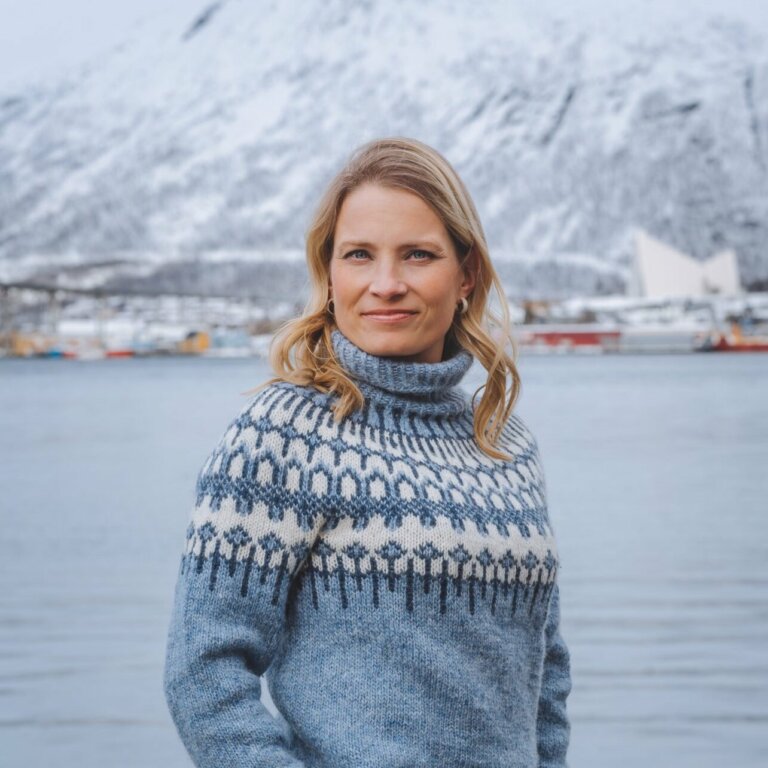
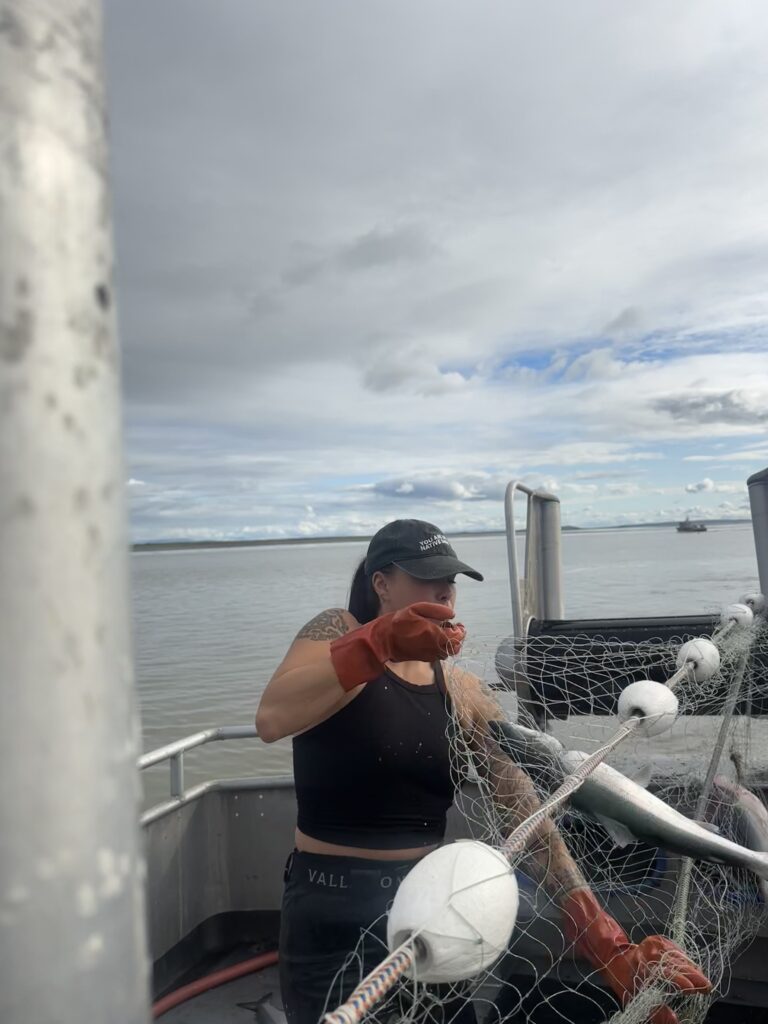
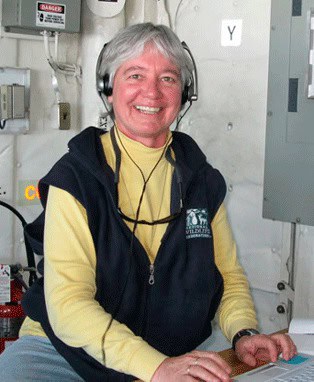
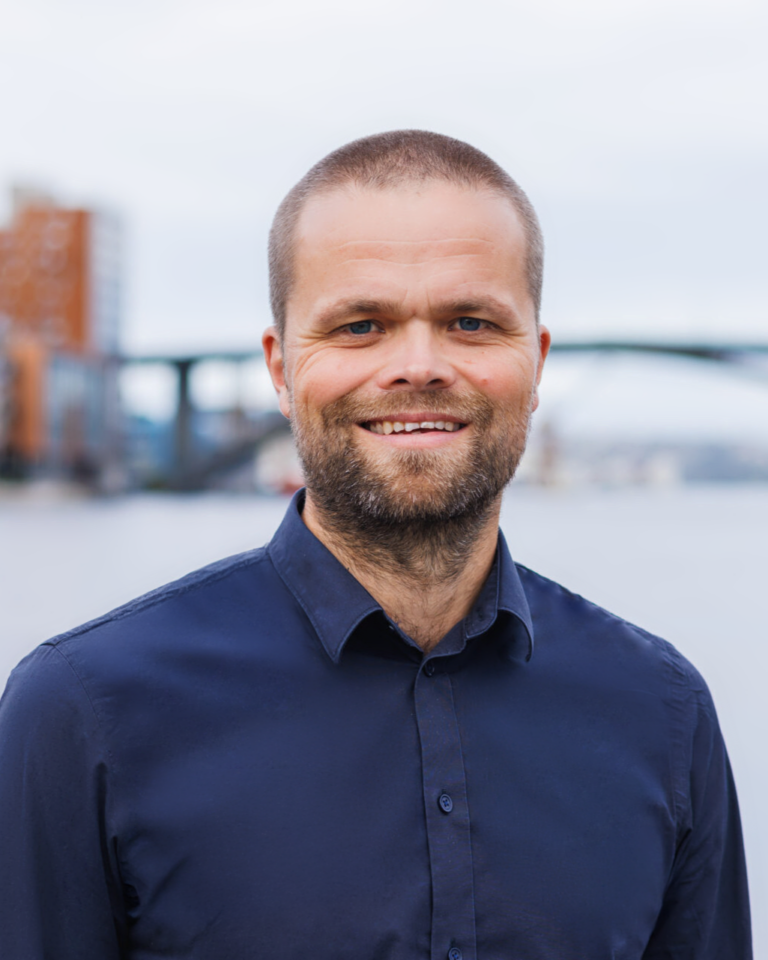
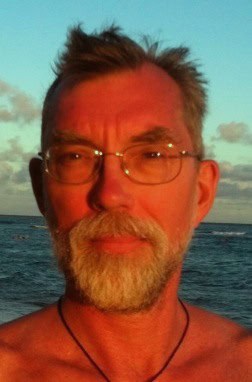
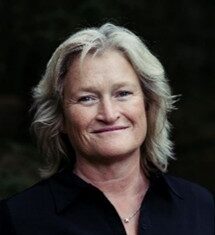
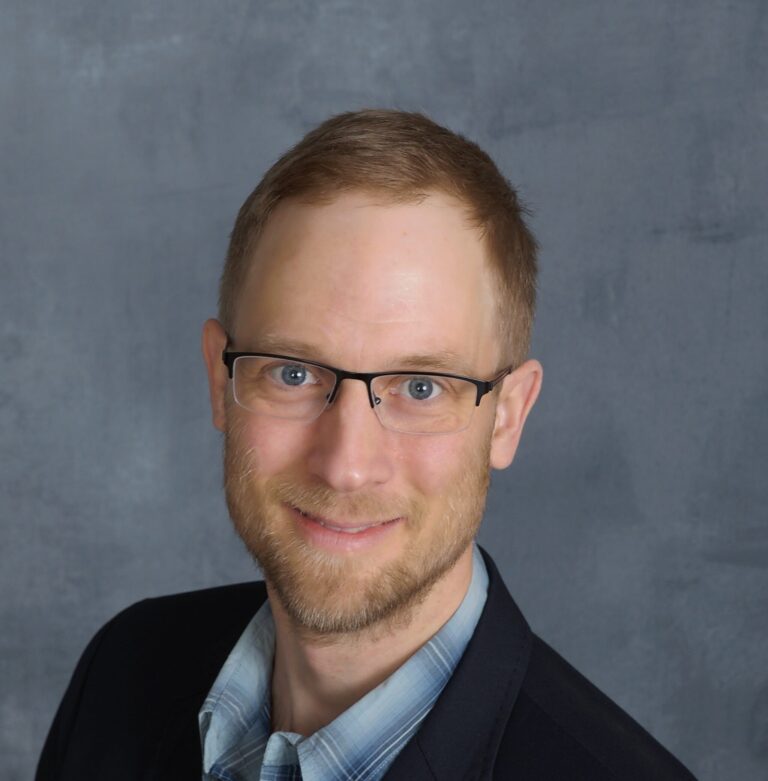
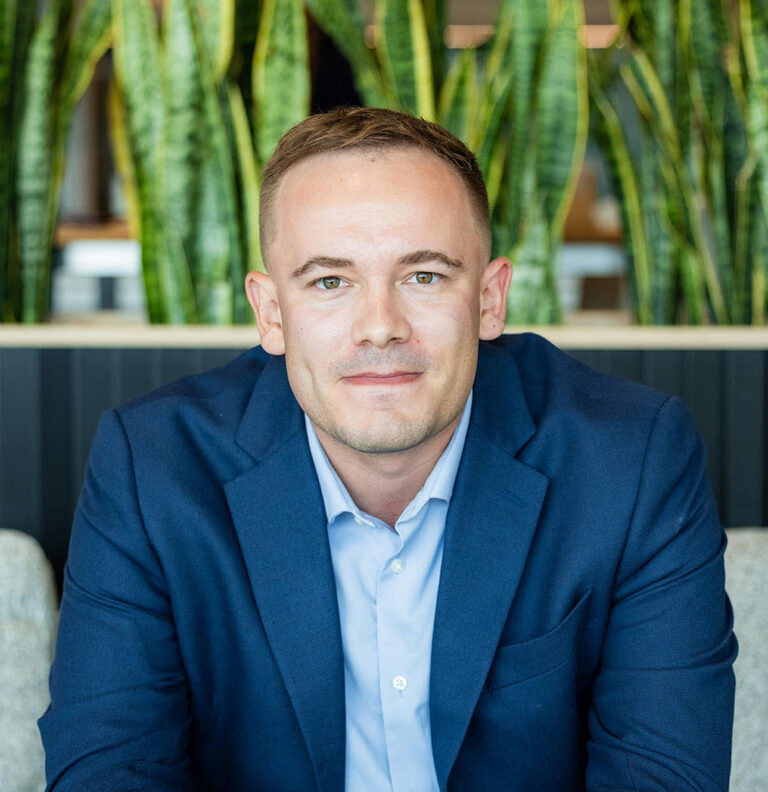
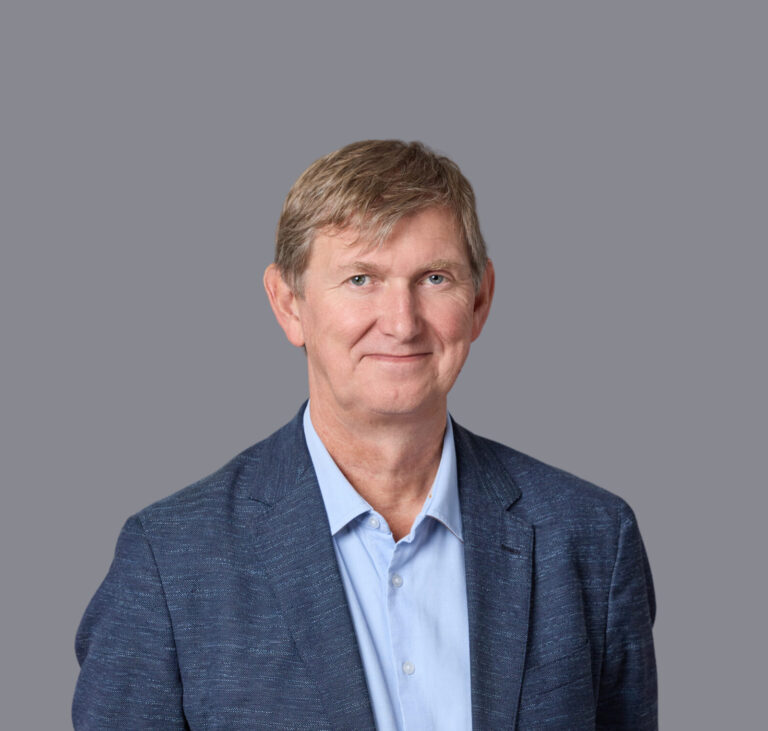
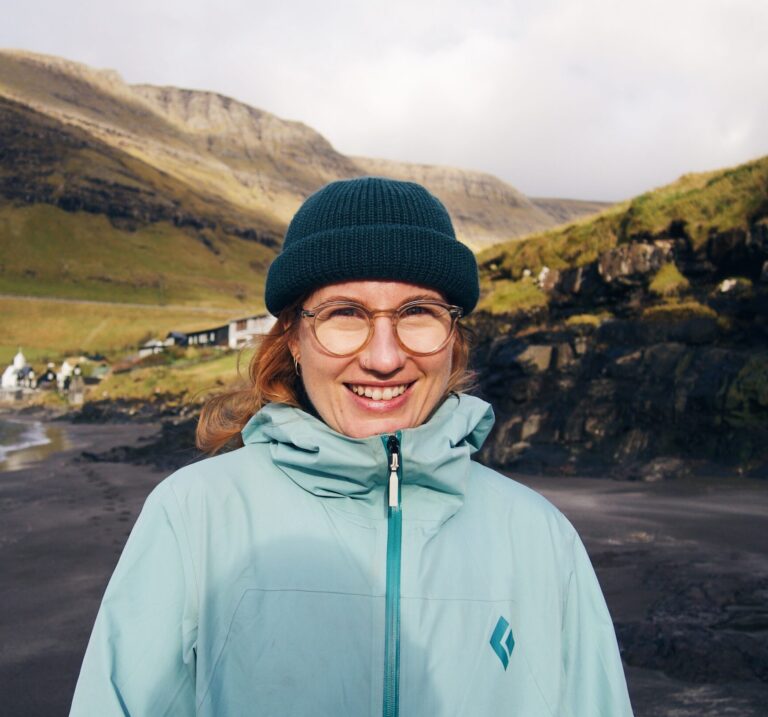
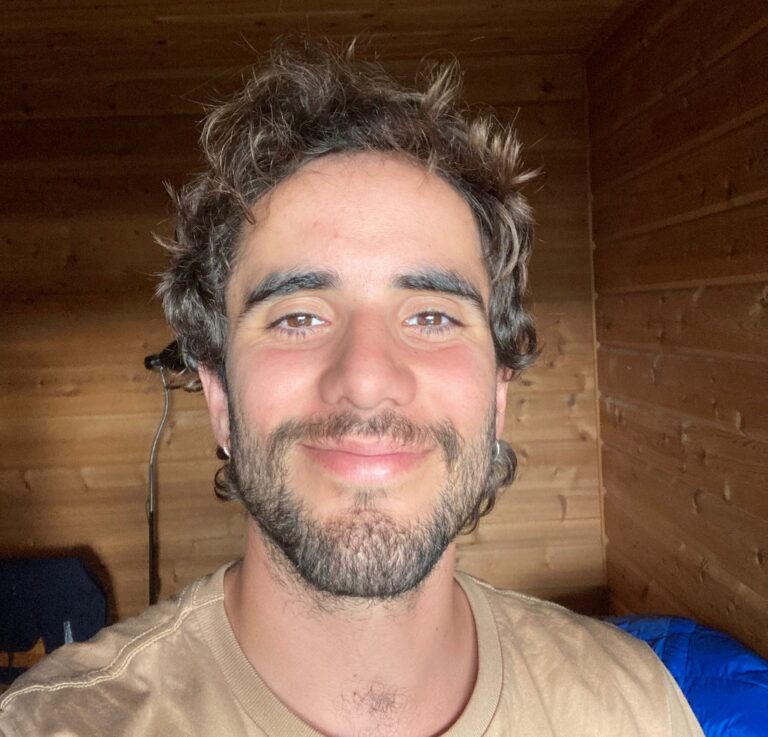
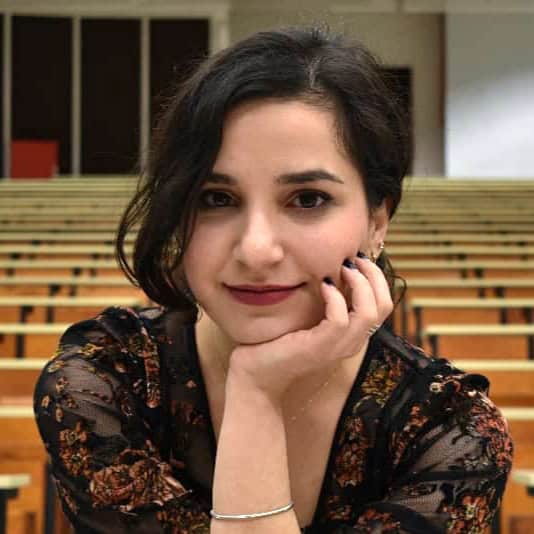
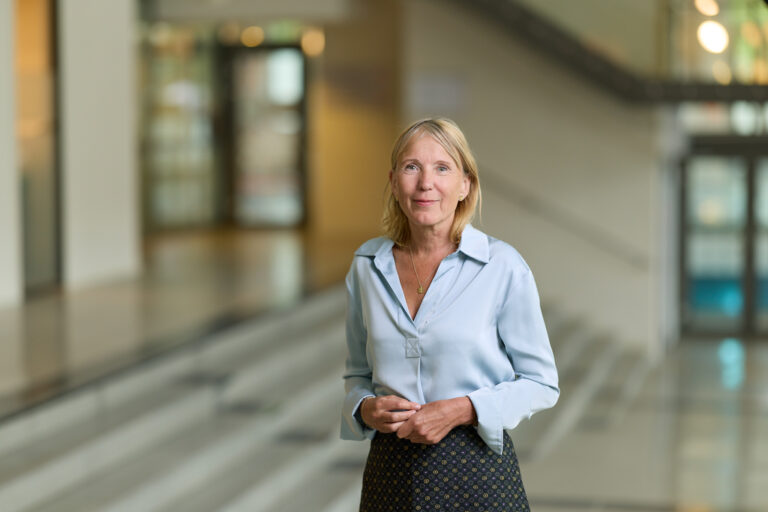
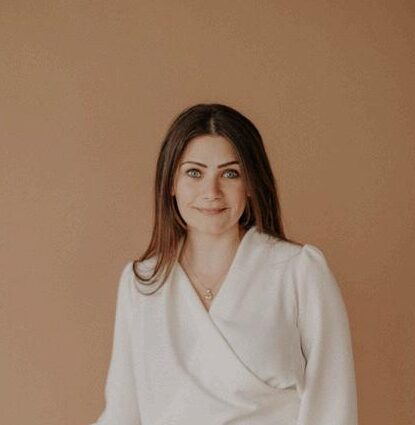
Program
Location TBC
Our panelists and invited guests are invited to join us for a private breakfast meeting, where we can discuss the needs and opportunities for sustainable development along the coastal regions of the Arctic and Pacific North West. By invitation only. Please contact jenny@arcticfrontiers.com for information.
Statsraad Lehmkuhl Tall Ship, Pier 66
Please arrive in good time due to the registration requirements of the events onboard the Statsraad Lehmkuhl.
Statsraad Lehmkuhl Tall Ship, Pier 66
Anu Fredrikson, Executive Director, Arctic Frontiers
Statsraad Lehmkuhl Tall Ship, Pier 66
Margareth Hagen, Rector, University of Bergen
Moderator: Anu Fredrikson, Executive Director, Arctic Frontiers
Statsraad Lehmkuhl Tall Ship, Pier 66
Cody Johnson, Ukpeagvik Inupiat Corporation, Science Division
Sue Moore, University of Washington
Øyvind Frette, University of Bergen
Katharina Heinrich, Harvard Kennedy School
Statsraad Lehmkuhl Tall Ship, Pier 66
Håvard Tvedte, Maritime CleanTech
Taylor Holshouser, Seamark
Sissel Eriksen, Norwegian Offshore Directorate
Pelagia Tsalampouni, UiT- The Arctic University of Norway
Moderator: Anu Fredrikson, Arctic Frontiers
Statsraad Lehmkuhl Tall Ship, Pier 66
Haliehana Stepetin, Independent Researcher, Akutan, Alaska
Caitlin Hardy, Ness Sea Consulting
Philip McGillivary, United States Coast Guard
Francisco Amor, UiT – The Arctic University of Norway
Moderator: Anu Fredrikson, Arctic Frontiers